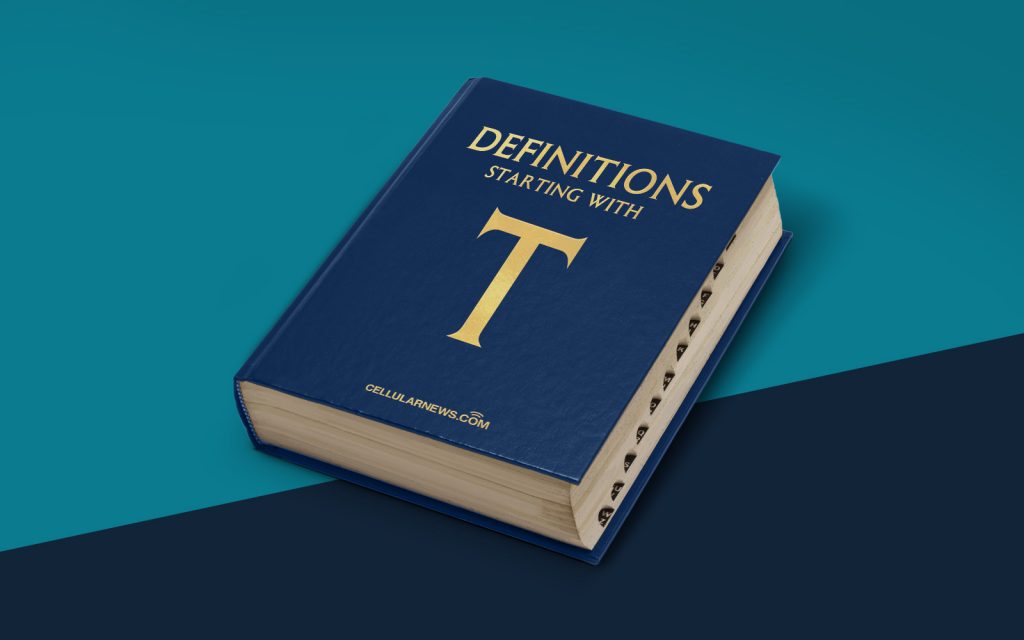
What is Tokenization? A Definitive Answer
Gone are the days when tokenization solely referred to buying arcade game tokens or collecting rare coins. In the digital realm, tokenization has taken on a new meaning, playing a crucial role in the world of cybersecurity and finance. But what exactly is tokenization, and how does it work? In this blog post, we will dive deep into the world of tokenization, unravel its mysteries, and shed light on its significance in today’s digital landscape.
Key Takeaways:
- Tokenization is a process that converts sensitive data into non-sensitive, randomly-generated tokens.
- It provides a secure way to store, transmit, and process sensitive information without exposing it to unauthorized individuals.
The Basics of Tokenization
Tokenization is a data security technique that involves replacing sensitive data with a randomly generated set of characters known as tokens. These tokens act as substitutes for the original data, ensuring that the sensitive information stays protected throughout various stages of processing.
Here’s a simplified breakdown of how tokenization works:
- Token Creation: When a user enters sensitive data, such as credit card information or personally identifiable information (PII), a tokenization system is deployed to generate a token. This token is a unique and non-decipherable representation of the original data, rendering it useless to potential cybercriminals.
- Token Storage: The token, along with any non-sensitive metadata, is stored securely in a database. Even if this data gets compromised, the token itself does not hold any valuable information, making it useless for malicious actors.
- Token Usage: When the data needs to be used or processed, such as during a payment transaction, the token is sent to the tokenization system. The system decrypts the token and retrieves the original data necessary to complete the transaction.
By employing tokenization, businesses and organizations can greatly reduce the risk of data breaches and unauthorized access to sensitive information. This technique not only secures data at rest but also mitigates the risks associated with data in motion.
The Advantages of Tokenization
Tokenization offers several significant advantages over traditional data encryption methods. Here are two key takeaways:
- Enhanced Security: Tokenization provides an extra layer of security by minimizing the exposure of sensitive data. With tokens replacing the original information, even if a data breach occurs, the stolen tokens are virtually meaningless to attackers without access to the tokenization system.
- Streamlined Compliance: Tokenization facilitates compliance with various data protection regulations, such as the Payment Card Industry Data Security Standard (PCI DSS). By replacing cardholder data with tokens, businesses can maintain compliance without dealing with the complexities of securely storing and transmitting sensitive information.
In conclusion, tokenization is an effective method for safeguarding sensitive data in today’s cyber landscape. By converting valuable information into meaningless tokens, organizations can rest assured that their data remains secure and inaccessible to unauthorized individuals. Embracing tokenization not only enhances data security but also streamlines compliance with data protection regulations.
Are you ready to take the next step towards securing your sensitive data? Explore the world of tokenization and give your data the protection it deserves!
